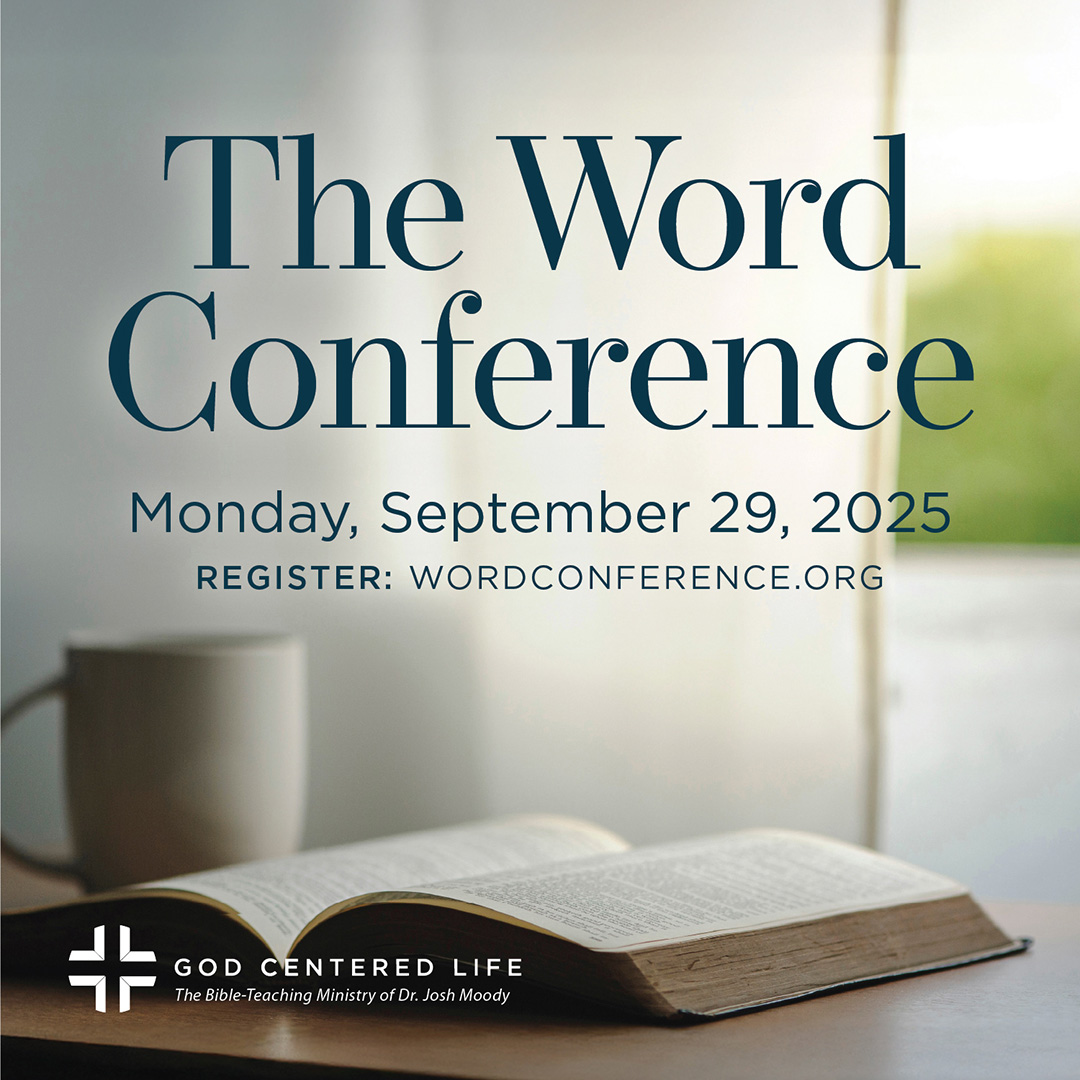April 7, 2018: Ephraim
April 7, 2018
TODAY'S BIBLE READING:
Today’s Bible Reading: Joshua 15-17, Psalm 78:1-39, Mark 2:18-28, 1 Corinthians 6:1-11 Psalm 78:1-39: Family histories are normally replete with messages affirming the preeminence of that family’s particular genetic heritage. Sure, there are a few nuts in every family, but by and large it is natural for us to prefer the testimony of our family—with all its foibles—over that of any others. Similarly, national histories tend to whitewash over the stains of dishonor. The story of a particular battle, or calamity, that effects multiple nations is often told with very different moral lessons in the national histories of the various countries involved—invariably favoring the country which finances the telling of that particular history. History, it is said, is told by the victors, and they will advance a narrative of their own choosing to make the point of their preeminence. How strange it is then to read this “teaching” (78:1) of Israel’s family history! There are no punches pulled, no whitewashing over the problems of the family; the emphasis is very much on all the rebellion that they have given into, time and time again! Yes, God “established a testimony in Jacob” (78:5), “so that they would not forget the works of God, but keep his commandments” (78:7). But is that what happened? Not at all! The Ephraimites “did not keep God’s covenant.” Ephraim was used as symbolic of the Northern tribes in rebellion against God, and one reading of this psalm is that it is telling the story of the history of God’s people to make the case that Ephraim was always the problem child, the black sheep in the family. So, verse 67 (which we will look at tomorrow), “he did not choose the tribe of Ephraim,” but “he chose the tribe of Judah” (Judah standing for the Southern kingdom where the descendants of David still ruled after the kingdoms split) and “he chose David his servant.” So is this psalm merely a polemic against those nasty Ephraimites and the Northern kingdom that they represented, and a political advocacy for the rightness of the Southern kingdom? On the surface that seems the natural reading, but if you dig a bit deeper you’ll see it’s not so simplistic. Those who rebelled in the wilderness were not just the Ephraimites. And, in any case, the rebels all are told that God is “compassionate” and “atoned for their iniquity” and “remembered that they were but flesh” (78:38-39). If the psalmist is just attacking his political enemies the Ephraimites, you would think he would not let them off the hook so easily, nor would he include in his polemic things that everyone knew were not their fault. Why not point out the things that they actually had done wrong? And anyway, how do you square this interpretation of the psalm with the biblical account that the division of the kingdoms was God’s own initiative, for all Ephraim’s idolatrous culpability? No, it seems that what the psalm is saying is that the history of Israel as a whole is not without its stains. The Bible is a wonderful model of straightforwardness about the sins and brokenness of God’s people. If you ever feel cynical about the contemporary church, the best antidote is just to read about the ancient church in the Bible! There are no sins with which we struggle that they did not. And what this psalm does is it puts us squarely back on the ground not of our own performance—shaky uncertain ground that that is—but on the solid rock of grace. Our only hope, given this past (and present) performance problem, is the mercy of God. So if this morning you are plagued by thoughts of your own evil deeds, then without any doubt repent and change your behavior by God’s grace. Do not be like the people of God of the past who repented one minute and continued to sin the next. But at the same time, also make sure you repent by the grace of God. And remember that he remembers that you are but flesh, and that by repentance and faith he atones for your sins. We all have a little bit of Ephraim still in us.]]>
ABOUT THE AUTHOR
Josh Moody (Ph.D., University of Cambridge) is the senior pastor of College Church in Wheaton, IL., president and founder of God Centered Life Ministries, and author of several books including How the Bible Can Change Your Life and John 1-12 For You.
WANT MORE?
To receive God Centered Life devotionals directly in your inbox, as well as other resources, enter your email address in the form at the bottom of this page and click "subscribe."

